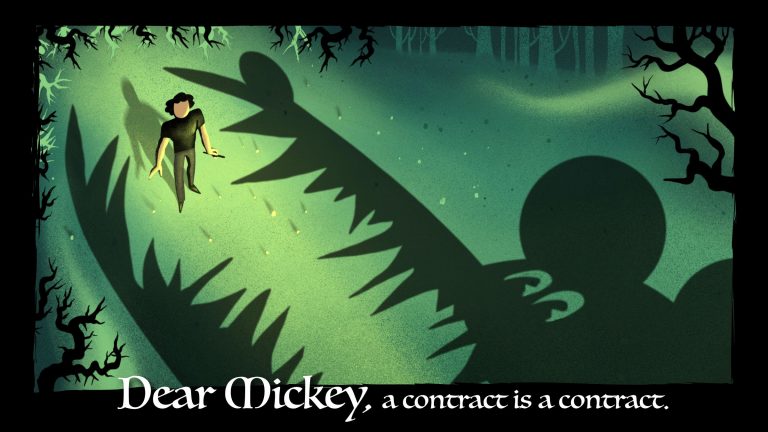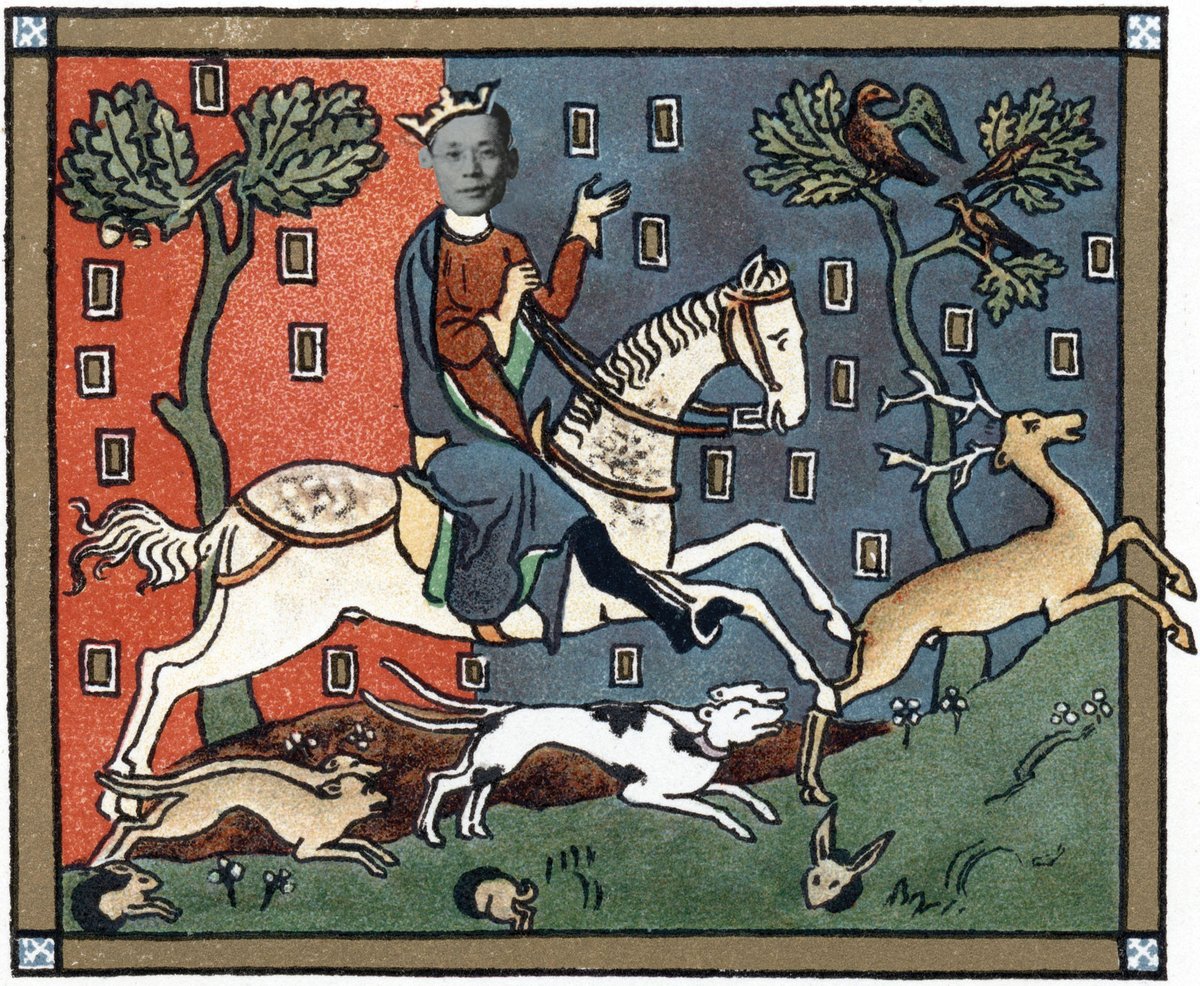
Back in November, we learned that Disney had pulled a breathtakingly criminal wage-theft manuever on one of science-fiction's most beloved authors, Allan Dean Foster, an elderly cancer-patient caring for his sick wife.
pluralistic.net/2020/11/19/dis…
1/
pluralistic.net/2020/11/19/dis…
1/

Foster is the bestselling author of some of the most successful movie novelizations ever, from the first STAR WARS novel to ALIENS novels and more. Thanks to Disney's monopolistic buying spree of companies like Lucas and Fox, they now owned the movies and Foster's contract.
2/
2/
Here's where things get criminally weird. Disney argued that when they bought out Lucas, Fox, etc, they acquired their assets, but not their liabilities. In other words, they'd acquired the right to sell Foster's work, but not the obligation to pay him when they did.
3/
3/
This is not how copyright contracts work, period. If it were, then any publisher with a runaway bestseller novel could incorporate a new company, sell its assets - but not its liabilities - to that company, and stiff the writer.
4/
4/
Both Foster's agent and the @sfwa tried to negotiate with Disney quietly on this, but they were stonewalled and insulted (Disney insisted that they wouldn't even DISCUSS a deal without first getting nondisclosure agreements from Foster, another unheard-of tactic).
5/
5/
After failing to make progress with private negotiations, they went loudly public, launching the #DisneyMustPay campaign. The good news is, the campaign was successful, and Foster has been paid.
6/
6/
The bad news is that the campaign flushed out MANY writers who are also having their wages stolen by Disney. The company is stalling them, too - refusing to search its records or volunteer info unless the authors can name the specific instances in which they've been robbed.
7/
7/
In response, @SFWA has joined forces with the @romancewriters, the @horrorwriters, the @paythewriter, @SINCnational and the @AuthorsGuild to form a coalition called Writers Must Be Paid.
writersmustbepaid.org
8/
writersmustbepaid.org
8/
They have a form where writers who suspect that Disney has stolen their wages can report it, anonymously:
airtable.com/shrE1hJbqMHsjP…
9/
airtable.com/shrE1hJbqMHsjP…
9/
There's a reason for the anonymity: Disney's anticompetitive mergers (culminating with the destructive Fox merger) has created a monopoly with vast market-power to destroy creators' livelihoods by excluding them for speaking out.
10/
10/
The coalition has five modest demands for Disney:
I. Honor contracts now held by Disney and its subsidiaries
II. Provide royalty payments and statements to all affected authors
III. Update their licensing page with an FAQ for writers about how to handle missing royalties
11/
I. Honor contracts now held by Disney and its subsidiaries
II. Provide royalty payments and statements to all affected authors
III. Update their licensing page with an FAQ for writers about how to handle missing royalties
11/
IV. Create a clear, easy-to-find contact person or point for affected authors.
V. Cooperate with author organizations who are providing support to authors and agents.
More broadly, I hope this brings more creative workers into the discussion about competition.
12/
V. Cooperate with author organizations who are providing support to authors and agents.
More broadly, I hope this brings more creative workers into the discussion about competition.
12/
Specifically, "monopsony," the excessive buying power that happens when a companies dominate access to a market, which allows them to squeeze their suppliers, especially workers.
eof/
eof/
ETA - If you'd like an unrolled version of this thread to read or share, here's a link to it on pluralistic.net, my surveillance-free, ad-free, tracker-free blog:
pluralistic.net/2021/04/29/wri…
pluralistic.net/2021/04/29/wri…
• • •
Missing some Tweet in this thread? You can try to
force a refresh















